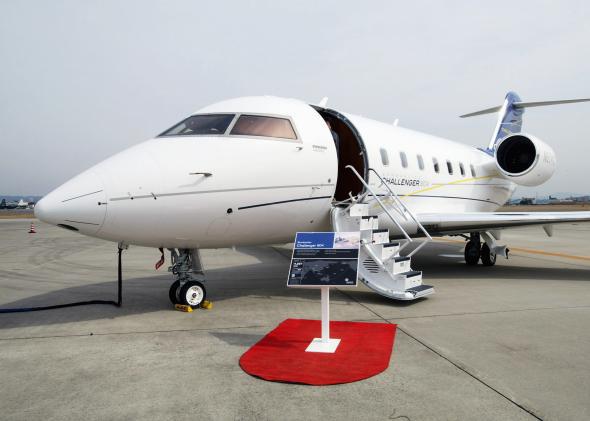One question a number of people asked me yesterday about the idea of raising taxes (or “fees”) on airplane tickets is whether this is a regressive tax increase or a progressive one.
There doesn’t seem to be any clear data out there about the income profile of American air travelers. But I think common sense can tell us a few things here. One is that at the top end, it’s pretty clearly going to be regressive. Which is to say a person in the 80th percentile of the income distribution almost certainly spends a larger share of her income on airplane tickets than does a person in the 99.9th percent. Among other things, really rich people don’t fly commercial at all!
But conversely, unlike a general sales tax you’d think a tax on plane tickets would largely spare the poor as people who are really struggling economically almost by definition don’t have the luxury of worrying a lot about vacation expenses.
The bigger issue is that the actual incidence of this tax hike is going to be hard to figure out. You have two pretty distinct markets for air travel, one consisting of leisure travel and the other of business travel. The business travel market is fairly inelastic. Business travelers will look for a good deal on a flight, but if there’s a meeting in Chicago and all flights get more expensive because of some new tax, then they’re just going to pay the tax. The leisure travel market, by contrast, is very price sensitive. People have an amount of money they can afford to spend on vacation and find a plan that fits the budget. There’s a welfare loss if higher taxes make you switch plans to a different destination (someplace you can drive to, say), but the economic loss is going to fall on the airline, which lost a chance at the sale. Those losses will trickle down throughout the airline value chain which is why, for example, you see a major pilots union blasting the deal.
